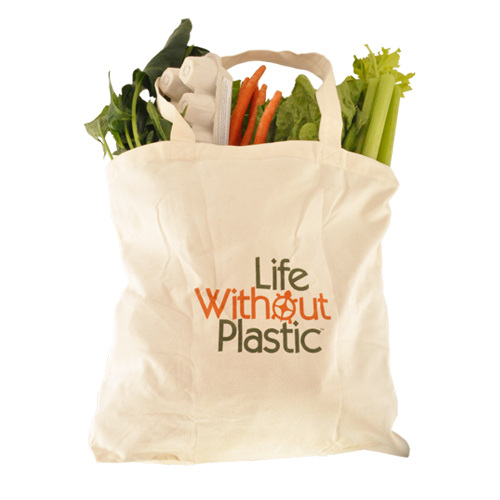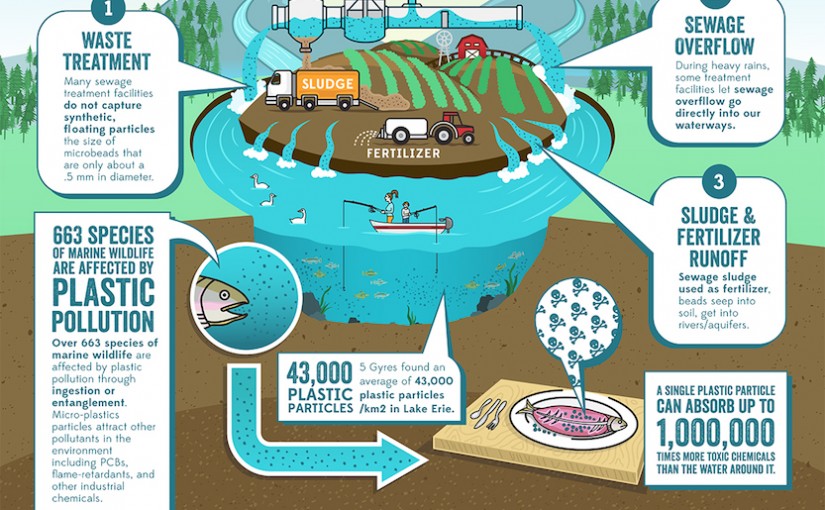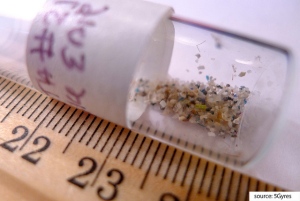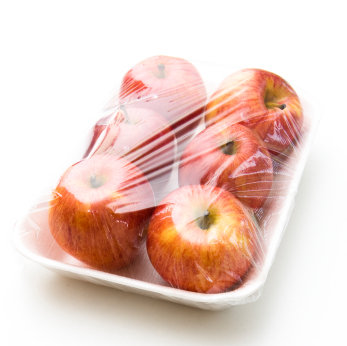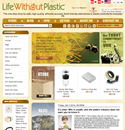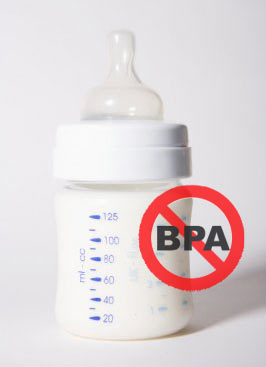Certified Organic Cotton Hanky
A Plastic Free Organic Cotton Portable Reusable Shopping Bag Like No Other
We have some cool new bags.
This post introduces you to our utterly unique certified organic cotton portable reusable shopping bag.
Check them out here…and learn more about the plastic bag problem
Fall for DAL
It’s the epitome of comfort food on a grey, windy autumn day with the first chilly wisps of winter in the air. And when fall comes around, I get the urge to make lots of it.
I’m talking about DAL.
What’s dal? And what does it have to do with living without plastic?
Read on to find out…
5 Gyres Face to Fish Infographic
Share this microbead plastic pollution Infographic created by the The 5 Gyres Institute and help spread the word about an enormous problem threatening the worlds aquatic environments.
Read more about how you can help Ban the Bead…
Plastic in the Oceans
Plastic is being found in marine environments all over the world.
It is breaking down into microscopic particles, being eaten by aquatic wildlife (who then sink and die), attaching to other objects, and washing ashore.
(Photo credit: 5Gyres.org)
Microbeads being banned all over
The past few weeks have been busy and exciting on the plastic microbead front!
Microbeads are the ludicrous little plastic particles used as scrubbing agents in a variety of personal care products ranging from body scrubs to toothpaste. They are washed down the drain and end up in waterways where they absorb toxins and are ingested by fish.
Why the food revolution and living without plastic go hand in hand..
Do you know what’s in your food? I mean what’s really in it? Are you aware of every single ingredient, where it came from, how it was made, how it will affect your health – as opposed to what the flashy label on the package may proclaim?
Here’s another question: Do you know what’s in the plastic holding your food?
New LWP Look! Same quality and trust, more info, more savings, more features…
It’s a joyous thrill for us to launch our brand spanking new website!
Our new online neighbourhood is all about making it easier for you to find the information and products you need to live without plastic – while helping you educate yourself and take action on plastic pollution. There are also ways to save money, and even make money.
It’s clear: BPA is unsafe, and the plastic industry does not want you to know it
3 March 2014 — We strongly urge you to read this new investigative report by Mother Jones investigative journalist Mariah Blake on bisphenol A (BPA) and how the plastic and chemical industries are doing all they can to cover up, hide and falsify any evidence of the dangers of BPA and other common – and potentially equally or more dangerous – BPA replacements such as Tritan.
This is exactly why we do what we do – provide information and alternatives: Because as this report shows in crystal clear, well-sourced fashion, unless you do your own in-depth research you are not getting the full story on plastics and their safety.
BPA Deception: Food-Chemical Industries Targeting Mothers, Minorities and Poor
24 September 2009 — In late May 2009, food and chemical industry lobbyists met in Washington, D.C. to discuss communications strategies aimed at keeping the toxic plastic chemical bisphenol A (BPA) on the market and front and centre in the lives of mothers, minorities and the poor. The internal meeting notes were leaked to media and the Environmental Working Group, and indicate plans to use deception-based techniques, including using a pregnant woman as a national spokesperson on the benefits of BPA. The notes highlight the importance of focusing on the impact of BPA bans on minorities (Hispanic and African American) and poor. Fear tactics are suggested — e.g., “Do you want to have access to baby food anymore?”


